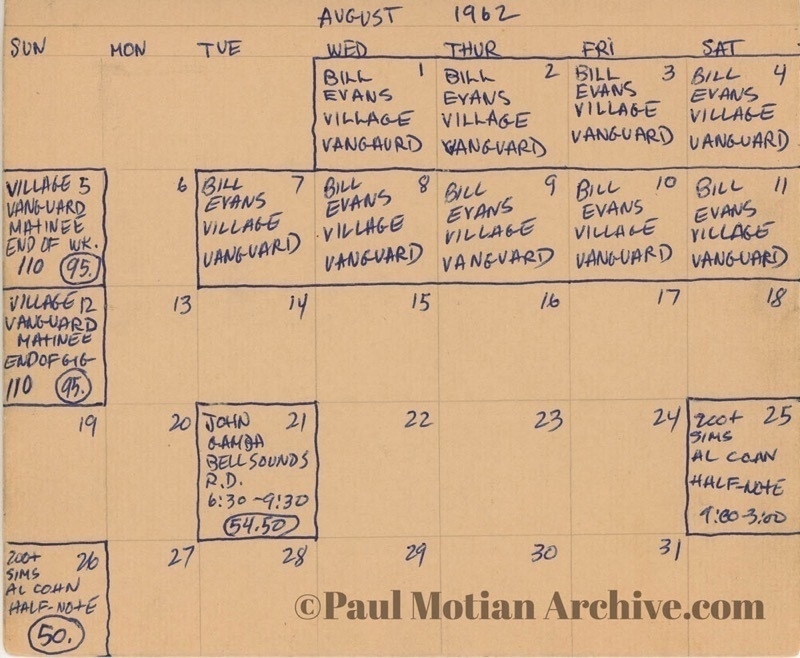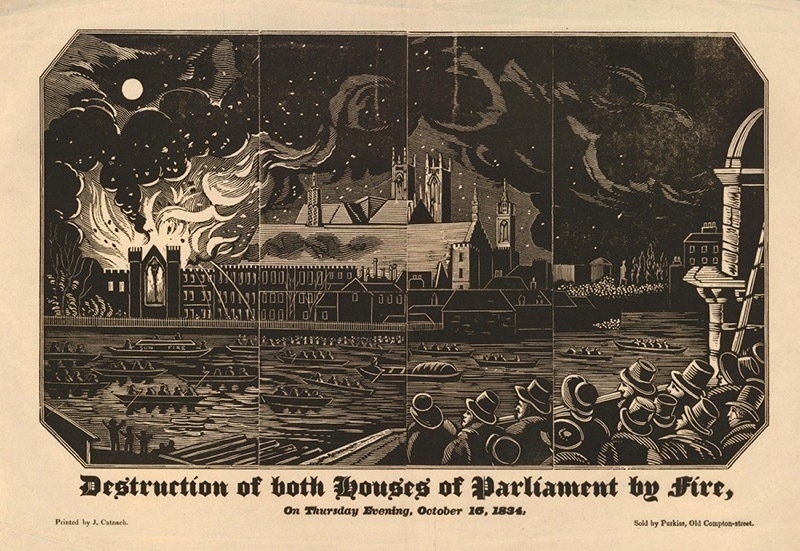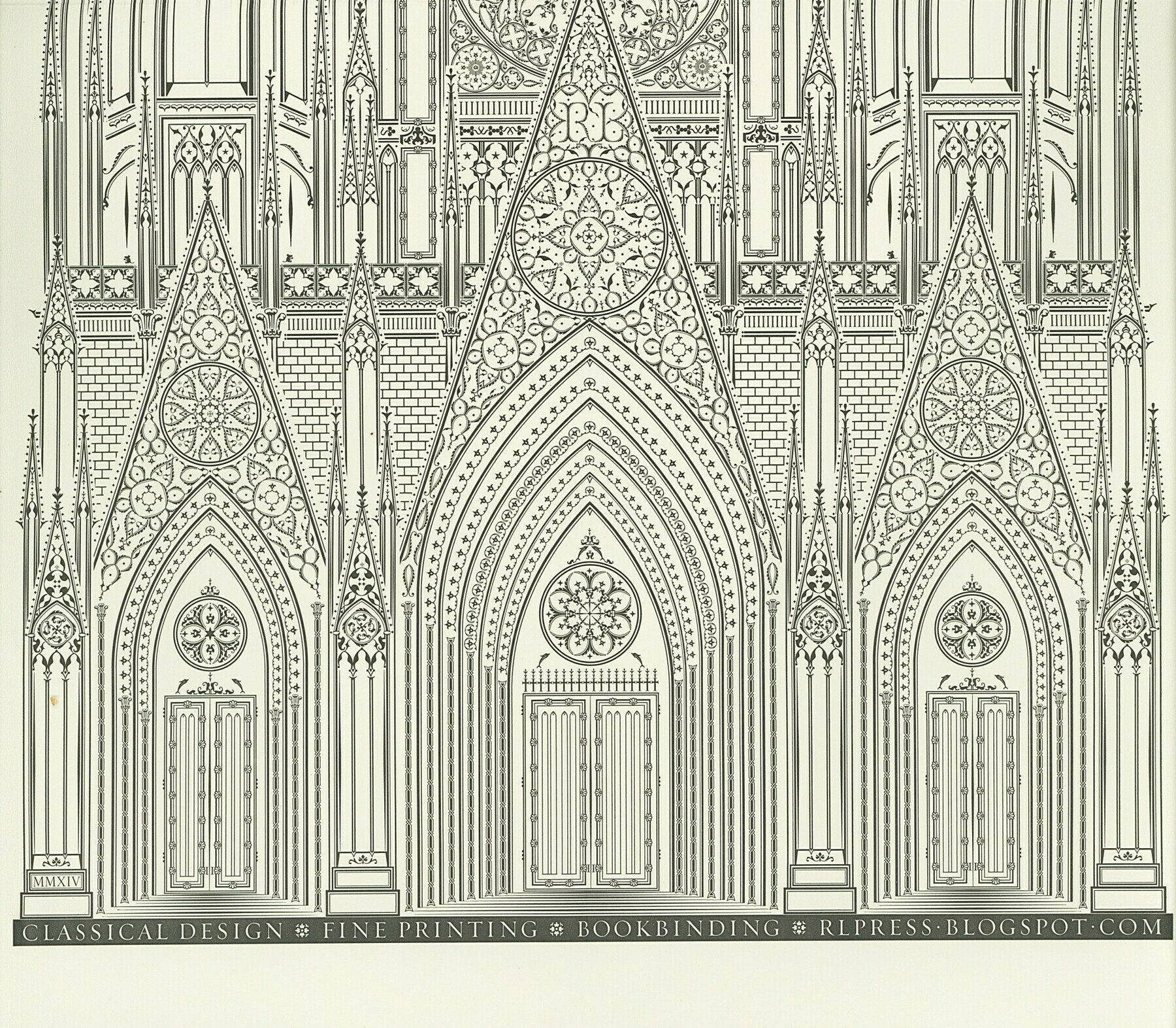I’ve been thinking for a while now about consumption — on being a consumer, “consuming content,” etc. — and I’ve posted some first inchoate thoughts on the subject.
“Truth is so darkened nowadays, and lies so established, that unless we love the truth we will never know it.” — Pascal
Robin Sloan: “It feels totally appropriate to say to OpenAI, Google, and the rest: sure, build all the data centers you want … just be sure to budget for the solar farms and batteries to support them.”
“Being an Arsenal fan is just constant suffering, but it’s the suffering I love” — Wojciech Szczesny. I don’t love it. ⚽️
David Zahl on his new book about grace, The Big Relief. “Grace is the best thing there is.”
From Ethan Iverson I learn about the Paul Motian Archive. What a fascinating peek into the life of one of the most wide-rangingly active gigging musicians of the past sixty years and more. I only saw Motian play once, with Bill Frisell and Ron Carter at the Blue Note in, what, 2008 maybe? But it was obvious from that one show that you could sit Motian down with any group of musicians and he'd find the right groove.

YMMV, but 81.4% of my frustration with my phone disappeared when I removed email apps from it. (I already had no social media, of course.)

James Catnach, “Destruction of the Houses of Parliament by Fire," 1834, woodcut.
Angua making a new friend at the vet.

Simon Armitage’s translation of the Old English poem “Deor” is beautiful. “As that passed over may this pass also” is not a bad refrain for any difficult times.
The enlightenment tag on my blog is I think an interesting one, and includes this morning’s post.
I’m eagerly awaiting the press release from Real Madrid announcing that they fully support their player, who was completely justified in throwing ice at the referee and should have his red card rescinded. ⚽️
Hooray for the restoration, but someone’s gonna have to explain this poster to me. 🎥

NBA players feature a range of visible accoutrements: headbands, full sleeves, elbow sleeves, knee sleeves, full-length leg sleeves, wristbands. That’s why I always notice the few players who are True Basic. Evan Mobley, for instance: top, shorts, socks, shoes — that’s it. I can’t even see any tats. Impressive! 🏀
FYI, when something appears that’s relevant to a post of mine, or when I simply have further thoughts, I will often update the original post accordingly. I’ve done that recently with posts about
I wrote about why LLMs, and their makers, don’t care about thinking.
“We must now say, ‘I am Pope Francis.” But I am not Pope Francis. I am Spartacus.

